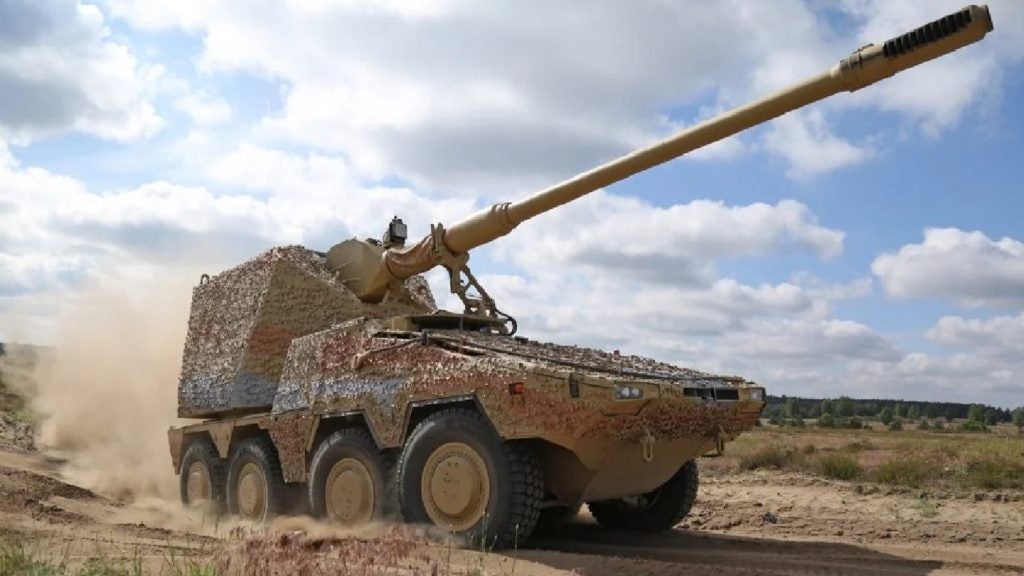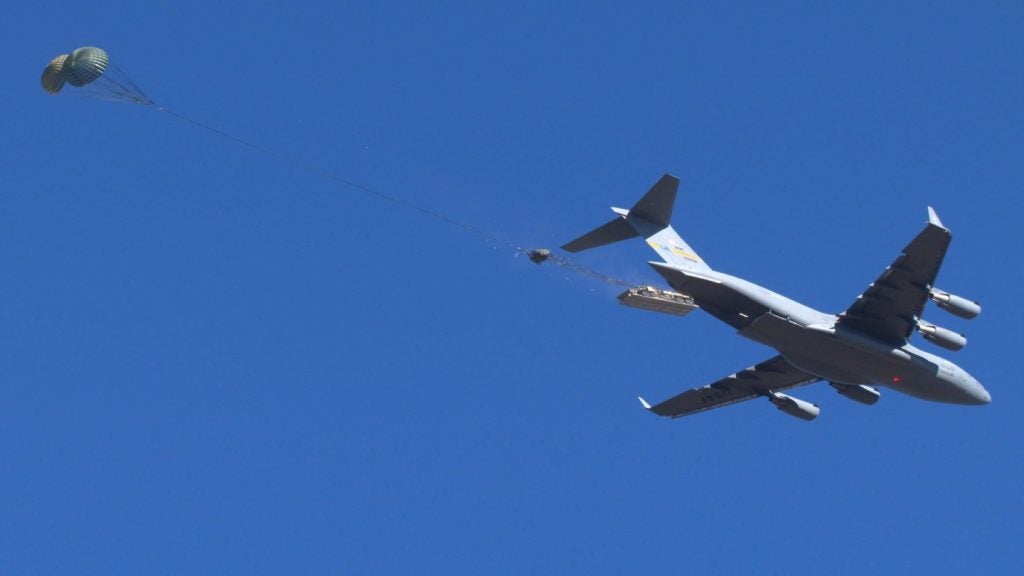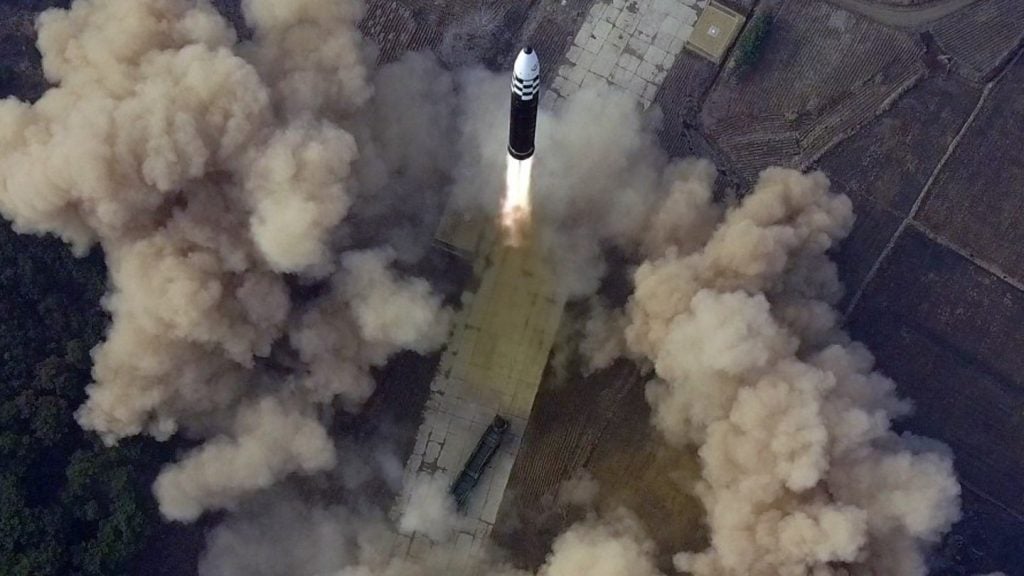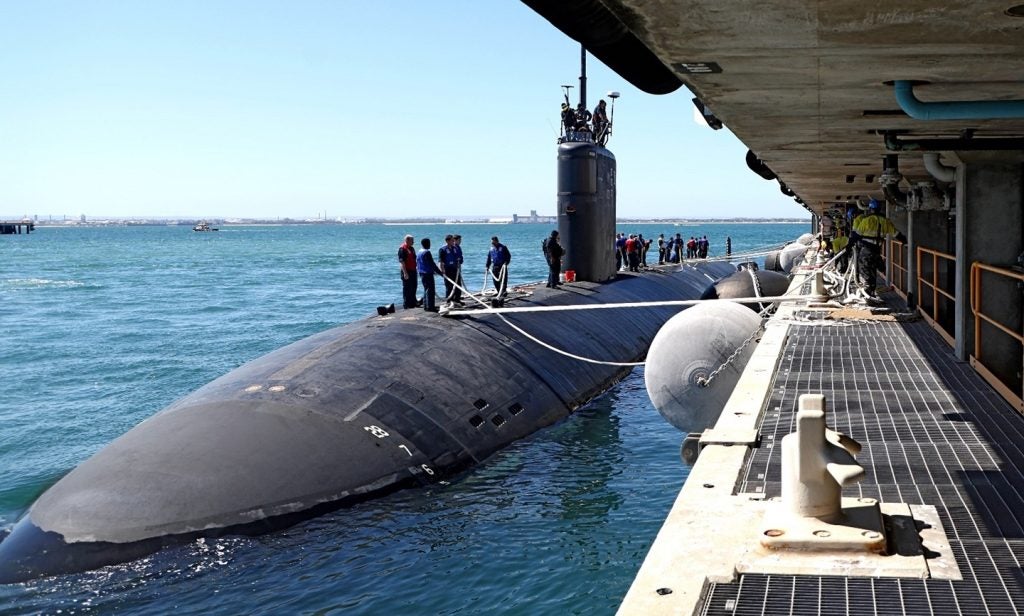The US Army has selected Engility Holdings to work as a government service provider to support its Korea Battle Simulation Center (KBSC), as part of a competitively solicited single-award contract.
Under the contract, the company will provide exercise planning and execution, simulation and models training, subject matter expertise, over-the-shoulder training, technical support, communications and information assurance in support of mission command training for the KSBC.
The services to be provided by the company will also include C4ISR stimulation/simulation, battlefield visualisation, opposing forces, after action reviews, exercise/event analysis and digital sustainment training.
The contract has a value of $69m over four years if all options are exercised.
Engility president and CEO Tony Smeraglinolo said, "The KBSC provides unique training capabilities and is a key component of the United States pacific engagement strategy and the United States/Republic of Korea strategic alliance."
"We are committed to supporting its mission to provide the force with a realistic, immersive and integrated training environment for full spectrum operations."
How well do you really know your competitors?
Access the most comprehensive Company Profiles on the market, powered by GlobalData. Save hours of research. Gain competitive edge.

Thank you!
Your download email will arrive shortly
Not ready to buy yet? Download a free sample
We are confident about the unique quality of our Company Profiles. However, we want you to make the most beneficial decision for your business, so we offer a free sample that you can download by submitting the below form
By GlobalDataSee Also:
Apart from extending support to the armed forces that defend South Korea, the KBSC supports 20 to 25 joint and combined theatre level training exercises such as Ulchi Freedom Guardian, Key Resolve and Yama Sakura on an annual basis, as reported by the National Defense Industrial Association.
With facilities at two locations, KBSC along with its ROK-US counterpart organisation also provides additional support to those missions that are conducted beyond the Korean Peninsula.
The South Korean armed forces heavily rely on modelling and simulation for training due to limited access to the sort of live combat training centres found in the US and Europe.







